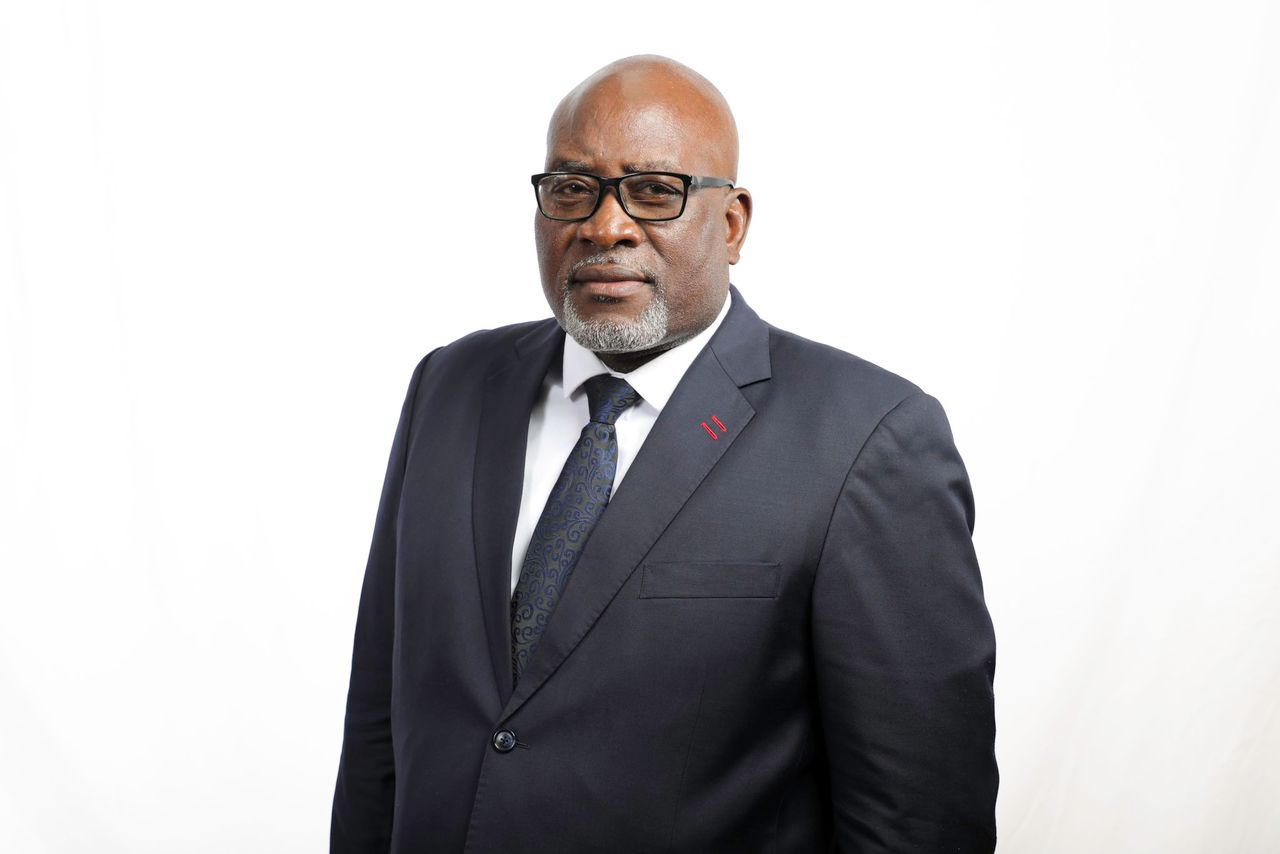I am pleased to be part of this event, hosted by TransNamib, to commemorate Heritage Week under the theme ‘Culture is Community, and Community is Culture’.
In 1972, the United Nations Educational, Scientific and Cultural Organisation (Unesco) introduced the notion of world heritage, meaning a place of cultural or natural significance to the “common heritage of humanity” as a way of protecting and conserving sites of heritage significance.
Today, we celebrate our cultural heritage in diversity as Namibians, connecting ourselves to the past, the present and the future. In the same vein, we remember memorial sites such as Omuhaturua at Otjimanangombe, Ohamakari, Amutoni lyomanenge, Omugulugwombashe, Iitikiidhiluka at Elim, and many undocumented sites. It is therefore our common responsibility to find and preserve our heritage, our culture, and our pride for generations, and the government is ready to play its part in ensuring our cultural diversity is preserved.
Digital transformation and artificial intelligence (AI) have made research and data capturing for recording historic, religious, and cultural information much easier, and we must capitalise on it to record our culture as a nation. The importance of heritage is that it defines us, it connects us, it unites us and indeed shapes our future destinies.
It is therefore important that we, the generation of today, preserve our identity and cultural values upon which the strength of the future
generations will be anchored. Culture plays an important role in the tourism economic sector, among other socio-cultural benefits, and it also promotes art. Today, we still have some notable aspects of heritage value that are informal, and thus, we should gradually record and formalise such identified historical features to obtain maximum benefits from our diverse cultural heritage as proud Namibians.
Historical and cultural heritage is the totality of assets accumulated in a given nation throughout history. It is a legacy of the past and the present that we live in, which we must pass on to future generations.
For this reason, it requires a major effort in the maintenance, conservation, and management.
Furthermore, heritage activities passed on from generation to generation present a serious risk of disappearing if not properly documented.
In this context, there is an urgent need to develop new strategies to organise and summarise existing knowledge that could aid in conserving our heritage.
In this light, further initiatives in conservation should aim, as much as possible, to promote open technology and provide better, wider, and more equal access to knowledge while documenting, transmitting, and preserving existing knowledge.
I specifically empathise that the heritage conservation community should
create initiatives to organise current heritage knowledge in an online
conservation ‘encyclopaedia’. This initiative could provide a solution to
preserve the large and unstructured scientific knowledge and additionally help mitigate other global heritage challenges since it could contribute to
creating a more participatory system to disseminate future knowledge.
Historical heritage is under constant threat, whether from adverse environmental conditions or human activity that includes wars. I conclude with a call to all Namibians to hold hands and proudly move forward, while jealously guarding and preserving our heritage, and may the spirit of unity in diversity continue to guide our interactions for years to come. – Deputy minister of information and communication technology Modestus Amutse at the TransNamib Heritage Week launch, 18 September 2024
Stay informed with The Namibian – your source for credible journalism. Get in-depth reporting and opinions for
only N$85 a month. Invest in journalism, invest in democracy –
Subscribe Now!







